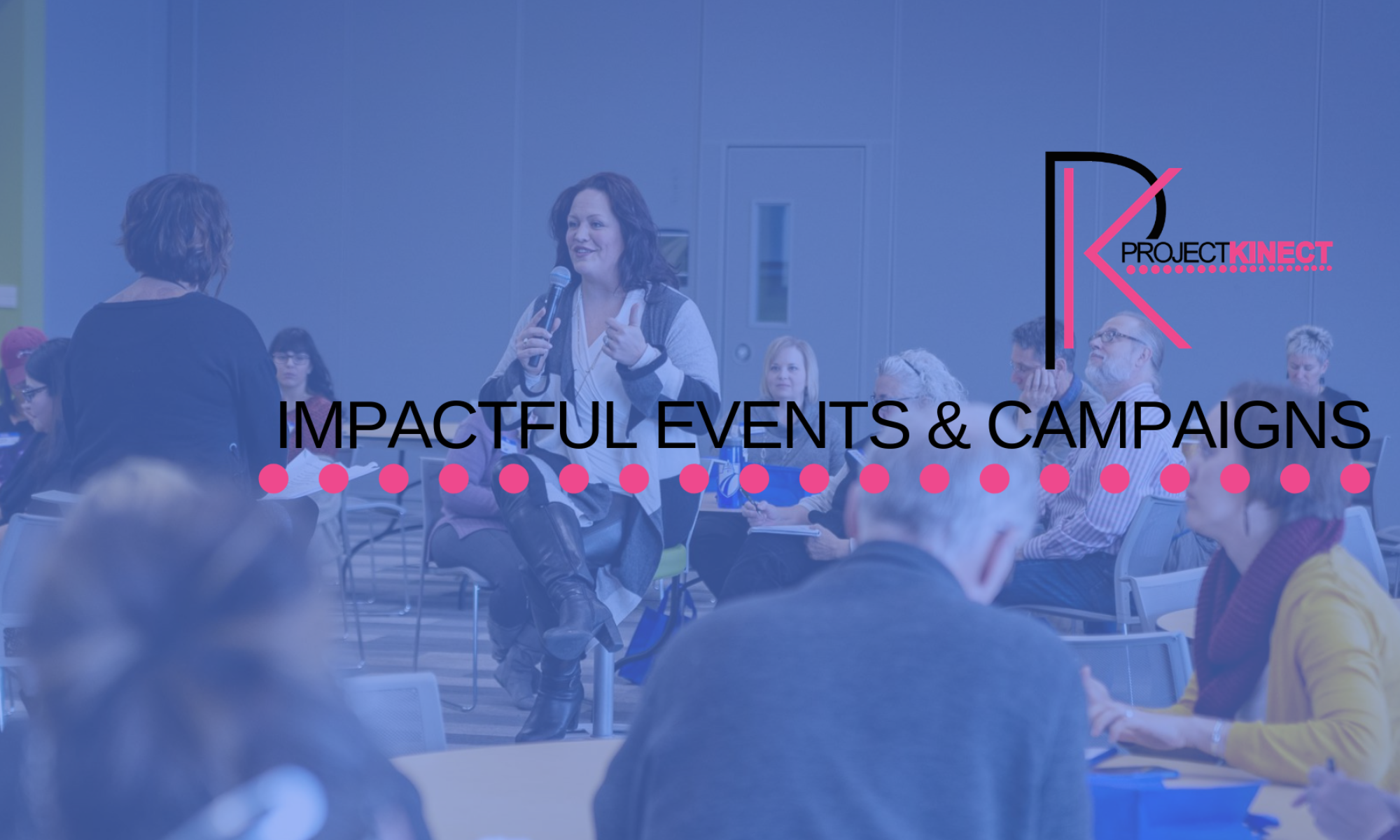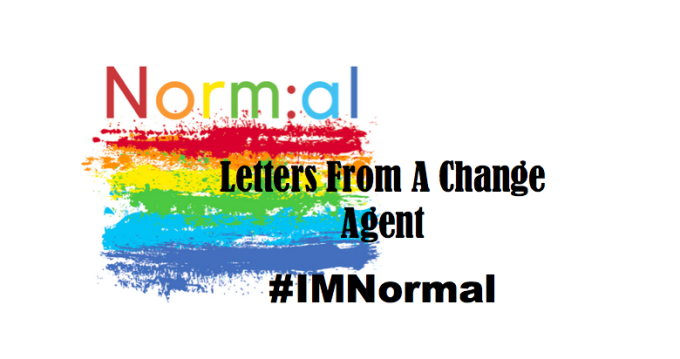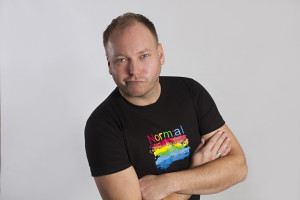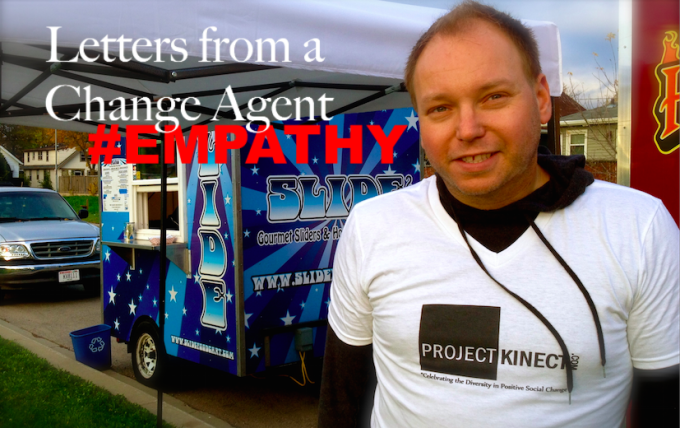Project Kinect just held our first annual Social Change Forum. The goal was to bring community members of Madison together and discuss how we could use our privilege to become more inclusive. About 30 participants joined us and we discussed a wide range of topics from the definition of terms like inclusion and ally to being a real advocate and what those actions looks like. At the end of the day we felt empowered and ready to charge forward.
There was a piece of the conversation that, because of limited time, was not touched upon. With more time, and with future events, I would like to hear more about conversations about when stereotypes and privilege are mixed. Status quo embeds our subconscious with what is and what is not normal. Symbols of what our society deemed as normal, two happily married parents of opposite sex with two children, house and a dog, are actually no longer considered normal. Now, a divorced family whose parents re-marry, one is homosexual, children are adopted, and they have a guinea pig as a pet is considered a more form of normal. The fact is, normal has no category anymore because we are all normal. Our diversities are so eclectic that one assumption of what is normal can not exist. Unfortunately our sub-consciousness has not been able to catch up with reality. That is why I support the #IMNormal campaign so much.
#IMNormal is a campaign to share and illuminate how there is no definition to what normal is. Despite what society says is normal, we are all different and in those differences, we are normal. Our governments, media outlets, art, fashion, and cultural norms may dictate what is normal, but it is our individual stories that truly make us normal.
Norm:al Africa is initiating the #IMNormal campaign for two reasons:
1) The campaign wants to bring awareness of LGBTI issues throughout the globe by displaying how we are all normal and deserve the same human rights.
2) The campaign is to assist Norm:al Africa in aligning their startup efforts in Uganda. Norm:al Africa is the newest organization to fight for the rights of the LGBTI community in East Africa.
#IMNormal because I am a strong independent gay man who understands my past and privilege does not define me, but can be used to advocate and empower others.



